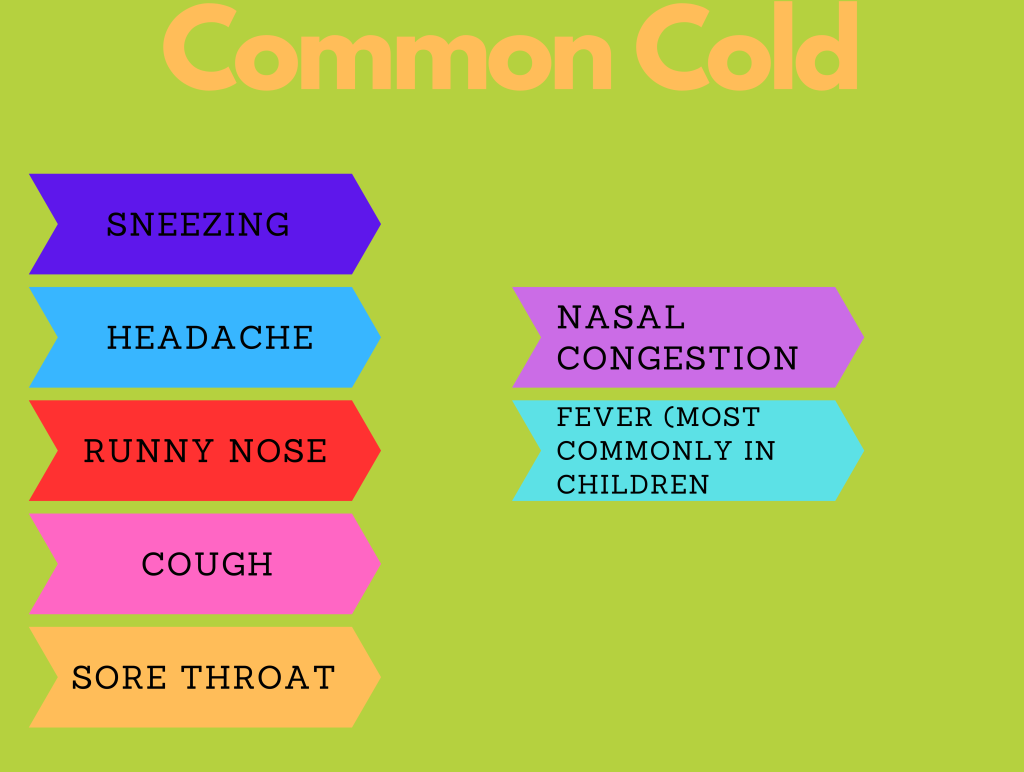Why is my cold getting worse after 3 days?
A cold is a viral infection that affects the upper respiratory tract, including the nose, sinuses, larynx, and throat. A cold typically begins with symptoms like a runny nose and sore throat, progressing to coughing and sneezing. Contagiousness begins a day or two before symptoms appear and continues if you feel unwell, usually lasting for a week or two. Over 200 viruses can trigger a cold, with the rhinovirus being the predominant one. Like the flu, COVID-19, or respiratory syncytial virus (RSV), colds are viral. Avoiding contact with individuals who have colds reduces the risk of catching the virus from them.
how long is a cold contagious?
🤔 Ever wondered how long a cold stay contagious? 🤧 Let’s dive into the facts! Did you know that a cold can be contagious for up to a week? Stay informed to protect yourself and others! 💡 Here’s a quick breakdown:
🕰️ Duration of Contagiousness: Typically lasts for about 5-7 days but can vary. 🤒 Symptom Management: Focus on rest, hydration, and over-the-counter remedies.
🧼 Preventive Measures: Practice good hygiene, like washing hands frequently and avoiding close contact with sick individuals.

Symptoms
- Sneezing
- Runny or stuffy nose.
- Coughing
- Sore throat
- Watery eyes
- Post-nasal drip (mucus dripping down your throat)
- Fever (though most cold sufferers do not experience fever)
Causes
A cold virus enters the body through the mouth, eyes, or nose. The virus spreads via:
- Droplets in the air when an infected person coughs, sneezes, or talks.
- Hand-to-hand contact with someone who has a cold.
- Sharing objects contaminated with the virus, such as dishes, towels, toys, or telephones.
- Touching your eyes, nose, or mouth after coming into contact with the virus.
Who is at Risk of Complications?
Certain groups face a higher risk of cold complications, including individuals who:
- Smoke
- Are older than age 65.
- Have respiratory conditions, such as asthma or chronic obstructive pulmonary disease.
- Have compromised immune systems.
- Have other underlying health conditions, such as diabetes or cystic fibrosis.
- Have alcohol use disorder.
- Experience malnutrition.
What are the stages of most colds, and how long does each stage last?
A cold typically progresses through several stages, with varying symptoms and severity in each stage. It’s common to feel worse during stage 2 compared to stages 1 or 3.
Stage 1:
Lasts for 1–2 days.
Mild symptoms, such as a sore throat, fatigue, slight congestion, and mild runny nose
Stage 2:
- Occurs on days 3–5.
- Symptoms worsen, including congestion, runny nose, body aches, headache, sneezing, fatigue, and cough.
Stage 3:
- Begins around a week into the cold.
- Symptoms start to improve, with mild remaining symptoms like cough, congestion, and runny nose, which may eventually resolve completely.
Why Your Cold Won’t Go Away?
If you’ve been battling a stubborn cold that just won’t seem to budge, there could be several reasons behind it. Here’s why your cold might be lingering:
1. Inadequate Rest and Recovery
Not giving your body enough time to rest and recover can prolong the duration of your cold. Make sure to prioritize rest and allow your immune system to do its job effectively.
2. Viral Resistance
Some viruses, like certain strains of the common cold, can develop resistance to over-the-counter medications. This resistance can make it harder for your body to fight off the virus, leading to a prolonged illness.
3. Dehydration Can Worsen Your Cold
- During illness, dehydration is common. Swallowing can be uncomfortable with a sore throat, while a fever can lead to moisture loss in your body. Additionally, the production of mucus and its drainage further depletes fluids. Certain over-the-counter cold medications designed to reduce nasal congestion can exacerbate dehydration.
- To combat this, prioritize consuming plenty of water, juice, or soup. Not only does this help replenish lost fluids, but it also aids in loosening mucus in the nasal passages and head. Avoid alcohol, coffee, and caffeinated beverages, as they can contribute to dehydration.
4. Compromised Immune System
If your immune system is weakened due to factors like stress, lack of sleep, or underlying health conditions, it may struggle to combat the cold virus effectively. Strengthening your immune system through healthy lifestyle habits can help prevent prolonged colds.
5. Misdiagnosing Your Condition
- It’s common to mistake a cold for other illnesses, such as allergies or a sinus infection. Here’s how to differentiate between them:
- Cold symptoms typically develop over a few days, while allergies can manifest suddenly and persist as long as you’re exposed to the allergen.
- Both colds and allergies may cause coughing, a runny nose, and sneezing. However, a cold is more likely to be accompanied by body aches, pains, or a fever.
- Sinus infections and colds share symptoms like pain around the eyes and nose, as well as yellowish mucus. However, these symptoms usually occur within the first few days of a cold, whereas a sinus infection typically arises after the expected duration of a cold has passed.
6. Secondary Infections
Prolonged cold symptoms could indicate a secondary bacterial infection, such as sinusitis or bronchitis, which may require antibiotics for treatment. If your cold symptoms persist or worsen, consult a healthcare professional for further evaluation.
7. Environmental Factors
Environmental factors like exposure to cold weather or indoor pollutants can exacerbate cold symptoms and prolong recovery time. Taking steps to minimize exposure to these triggers can help alleviate symptoms and speed up recovery.
In conclusion, a cold that won’t go away may be due to various factors, including inadequate rest, viral resistance, compromised immunity, secondary infections, and environmental triggers. By addressing these factors and adopting healthy lifestyle habits, you can support your body’s natural healing process and overcome your cold more quickly.
Visit Here
